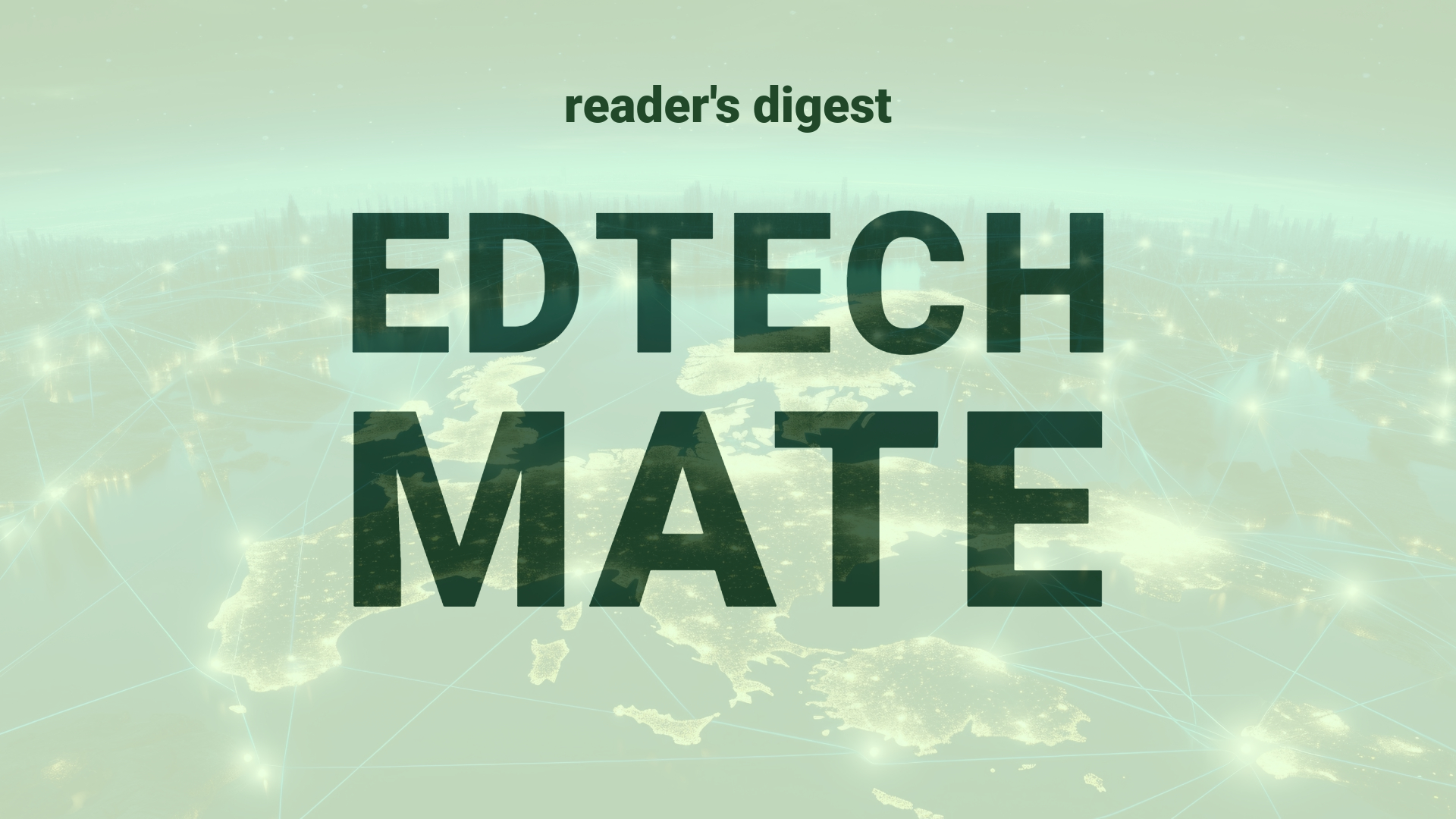“`html
Executive Summary and Main Points
In the dynamic landscape of global higher education and digital transformation, major tech companies are actively exploring strategic investments in artificial intelligence startups with the promise of innovation. Amazon’s CEO, Andy Jassy, has expressed concerns over regulatory blocks on mergers, highlighting the recent abandonment of their acquisition of iRobot due to antitrust concerns. The regulatory scrutiny comes amid increased antitrust enforcement in the tech sector, particularly under the Biden administration. As tech companies like Amazon, Google, and Microsoft invest billions into AI ventures such as Anthropic and OpenAI, the makers of technologies like ChatGPT, higher education institutions must be cognizant of AI’s expanding role in both commercial and academic spheres.
Potential Impact in the Education Sector
The recent developments in tech investments have profound implications for further education, higher education, and the burgeoning domain of micro-credentials. The influx of AI technologies could enhance personalized learning, automate administrative tasks, and foster data-driven decision-making processes. With iRobot’s expertise sidelined, the potential for robotics integration in the education sector remains uncertain. The emphasis on AI and strategic partnerships signals an urgency for educational institutions to digitally transform and adapt to a more competitive, tech-oriented market. In particular, the educator’s role could shift towards a more supportive and facilitating position as AI begins to alleviate content delivery responsibilities.
Potential Applicability in the Education Sector
Innovative applications of AI in the education sector could include adaptive learning platforms that personalize content for students based on real-time performance, augmenting research capabilities through AI-driven data analysis, and the potential deployment of automated assistants to support student inquiries. The integration of robotics into vocational training programs could foster hands-on experience in alignment with emerging industry standards. With tech giants pouring investments into AI, schools may partner with these corporations for curricular content, providing students with cutting-edge technological competencies.
Criticism and Potential Shortfalls
While the push towards AI and robotics offers transformative prospects, there are criticisms and potential shortfalls to consider. Antitrust concerns reflect the fear of monopolization, which could limit competition and innovation in the tech sector—an ethical consideration mirroring those in the education sector regarding access and equality. Furthermore, the cultural implications of adopting AI technologies, such as chatbots for language training, may face resistance due to perceived erasure of cultural nuances. Comparative case studies, like the varied international response to MOOCs (Massive Open Online Courses), illustrate that technological adoption rates and impacts can differ significantly based on cultural contexts and regulatory environments.
Actionable Recommendations
For international education leadership seeking to implement or explore these technologies, it is recommended to engage in consortia that focus on ethical AI use in education to ensure diverse voices in the conversation. Partnerships with tech companies should emphasize both equitable access to digital tools and data sovereignty for all stakeholders. A strategic integration of AI should focus on supplementing rather than replacing human interaction, thus retaining critical elements of traditional learning while embracing digital efficiency. Lastly, inclusion of digital literacy and AI ethics in curricular development will prepare students to navigate and contribute to the rapidly evolving digital world responsibly.
“`
Source article: https://www.cnbc.com/2024/04/11/amazon-ceo-jassy-spurns-regulators-after-failed-irobot-deal.html

